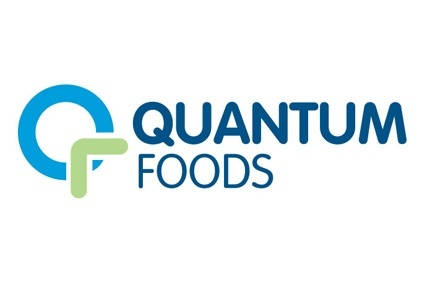
Quantum Foods, like a number of South African poultry processors, has reported pressure on profits from higher feed costs and volatility in the rand.
The company posted annual headline earnings of ZAR66m (US$4.7m) for the year to the end of September, down from ZAR126m a year earlier. Operating profit stood at ZAR124m, a fall from the ZAR164m generated the year before.

Discover B2B Marketing That Performs
Combine business intelligence and editorial excellence to reach engaged professionals across 36 leading media platforms.
The decline in Quantum Foods’ profits came despite a 12.8% rise in revenue to ZAR3.91bn, with sales rising across the company’s three divisions – feed, farming and eggs.
Quantum Foods said it had seen “dramatic increases” in raw-material costs amid the drought conditions in South Africa and exchange rate volatility. The company also pointed to a “constrained consumer environment”.
Looking ahead, Quantum Foods said the fall in per capita income in South Africa has led to “weakened consumer demand” in the country, which, the group added “will continue to put pressure on the group’s profitability, particularly if there is no decrease in the cost of raw materials”.
The company said: “To mitigate this risk, Quantum Foods will continue to focus on efficiencies in farms and factories. Optimal procurement of raw materials will remain a priority. The focus created by combining broiler and layer farming at executive level has proven successful, and has enabled the egg business to concentrate on processing and commercial performance.

US Tariffs are shifting - will you react or anticipate?
Don’t let policy changes catch you off guard. Stay proactive with real-time data and expert analysis.
By GlobalData“The feed business remains the backbone of Quantum Foods. We will continue to invest in organic and acquisitive growth opportunities as they arise. Africa faces a negative, medium-term outlook due to the slowdown in global commodity prices as well as the drought in southern Africa. Despite this, we believe that this current situation will turn around and that the group is well positioned to gain benefits from the recent investments in Zambia, Uganda and Mozambique. The group will continue to consider opportunities on the African continent, focusing on the feed and egg value chains.”





